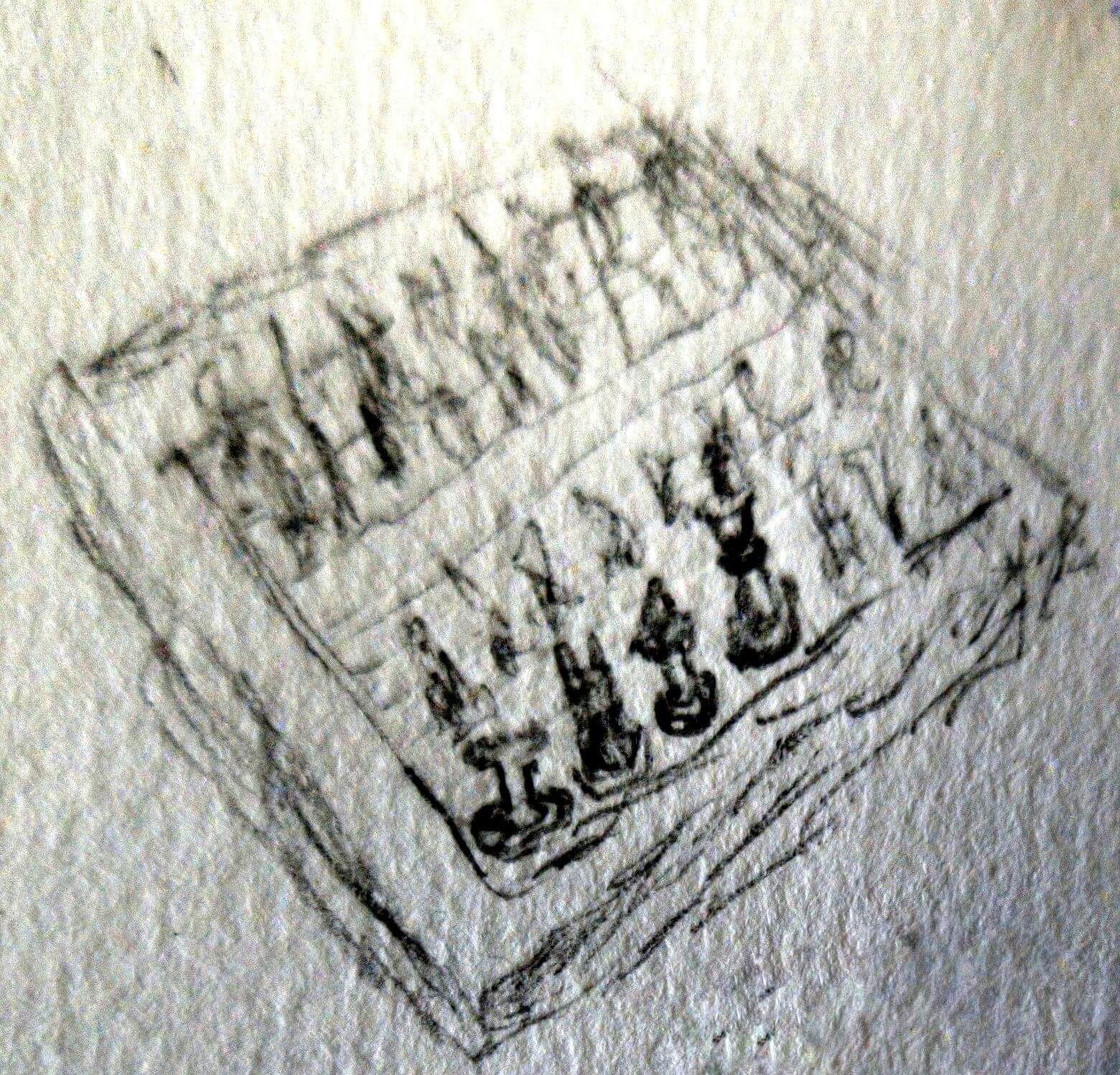
Chess is an old game, with the modern ruleset and layout emerging in the 15th century. Up until recently, chess was mostly played with a physical board, and two players sitting across from each other. Now, the majority of players play online, many never even playing in-person games at all. It may seem online chess is a niche activity, but its much more prominent than one would think. This is admittedly anecdotal, but in any one of my university classes, you would typically see one or two people ignoring the lecture, and instead redirect that energy and focus into a heated game of online chess. Back then, I didn’t really understand it. What’s so fun about moving pieces on a chess board, when you can pick from the vast array of wildly stimulating games and other forms of entertainment that modern technology has granted us? (what a funny thought, as if chess is more boring and monotonous than something like chopping trees in RuneScape all day to get your woodcutting level up for the sole purpose of seeing the number get bigger). Unfortunately, I now understand.
Before continuing, I want to apologize to God for indulging in the degenerate activity of online chess.
I’ve been partaking in a couple games a day for the past month or two, and I have my non-addictive personality to thank for the fact that I haven’t completely thrown myself onto it. Since getting into it, I’ve gradually developed the belief that the physical and virtual games of chess are so different in their attributes that they should be treated as completely different games. I imagine online chess being a dull, robotic distant cousin to the real version.
In theory, the game should translate very well to the online medium, perfectly even. Chess has very structured states, and specific actions can take us from one state to the other. With a game like this, the representation of the game shouldn’t matter, as long as you can perform actions and the states are accurately presented based on these actions. Therefore, a physical game of chess should map 1:1 to an online game of chess. This would mean there is little to no difference between the two, right?

I believe there are many things that we boil down and refine in life, assuming that very little is lost. With something like chess, it is easy to see why we treat it as such. However, there is much lost and modified in this translation. Let’s address the former first.
This point isn’t necessarily applicable solely to chess, but still a big point. With a game like chess, in the physical world, you are not necessarily playing chess for the sake of simply playing chess. It more so serves as a vessel. The greater purpose may be to simply hang out with friends, and having an activity like chess be a point of attention allows lulls that arise naturally in conversation to sit there without people feeling the need to fill them. It may also just serve as an activity to have some friendly competition. In contrast, with online chess, the sole purpose of playing is for the game itself. The person on the other end isn’t there for you to spend time with, but rather to generate moves for you to play against.
This is mainly caused by the lack of communication. I’m not just talking about any sort of explicit communication necessarily, but more about the implicit communication that occurs in-person. The way one might look over the pieces, or go hmm… when they think, or the way they might grab a piece, almost move it, put it back and instead move a different piece. All of this is lost when we move to the online medium. Online, we only have communication that is explicitly thought out and communicated. Even with that, nobody really uses the chat, because it feels so weird for one to pull their attention from the game to then type things out. This results in a scenario where the only communication/interaction between players takes place on the board besides seeing their username, profile picture, country, their moves, and the time it takes for them to move. Very odd to think about.

Again, the result of this becomes an emphasized focus on the game itself, with the other person being less of an actual person and more of a “move generator”. This has a few interesting effects. For one, this results in any single chess game holding very little significance. In real life, if I mess up bad and accidentally lose my queen, I wouldn’t immediately resign. Even if I wanted to, the person on the other end would complain, maybe talk shit, and I’d be forced to finish the game and fight it all the way through. Online, however, is a different story. I don’t know the person and cannot see them. There isn’t anything they can do to stop me from resigning, and I have no reputation to uphold with them - they will likely never play me again. With a blundered queen in an online game, it may be very tempting to simply do away with the game and start fresh, far, far away from the repercussions of this embarrassing mistake.
The reduced level of dimensionality lends itself well to computational models that analyze chess boards, providing an “optimal” move. A computer cannot quantify and analyze the in-person interaction in a way that it can use for analysis. We as human beings can, and so with online chess, this advantage is eliminated. We are then simply left with the only communication being movements on the board, something that makes models rival us in terms of winning games. What’s also interesting about those models is that they do not account for an opponent’s playstyle. Differing playstyles is something we as humans can pick up on and exploit. What’s interesting to mull over, however, is that these models have introduced the idea that there is basically one “correct” or “optimal” move at any point. Now I cannot say I have any hard concrete proof, but I’m sure this results in a massive decrease in the diversity of playstyles - an aspect of chess that makes playing so thrilling. This is likely especially true for newer players, who are likely to consult these models in analyzing their games in order to improve. They will all be taught to play the exact same - like the robots.

Moving onto an aspect that applies specifically for online chess - the ELO rating system. This system is able to, over the span of the many games one plays, to assign over a very specific numerical rating, based on one’s skills. The system allows precise matchups between very similarly skilled opponents. This means that when playing online chess, the skill difference between you and your opponent ends up being quite small. Now, if you think about real life chess for an average person, facing opponents at precisely the same skill level as you is very unlikely. In real life, you are bound to face people better or worse than you by varying degrees. I believe this results in a whole different type of development. If I am a beginner, I could be making wild mistakes all the time that would never be punished by other beginners, but might be very consistently punished by more advanced players. Therefore, by not facing these advanced players, I may never fix that hole in my playing because nobody I face ever exploits it, and I therefore am never made aware of it. This goes the same the other way, where new players are not as constrained in terms of the possible moves they can play, as they are untrained, and therefore could potentially show more advanced players a different way of doing things. Unfortunately, this cross-pollination between skill levels does not occur through the ELO system, and these aspects of player development are lost.
Despite these (in my opinion, negative) differences, I still continue to play online chess. I will have to stop soon however, because with every game I play, I feel God grow more and more disappointed in me.